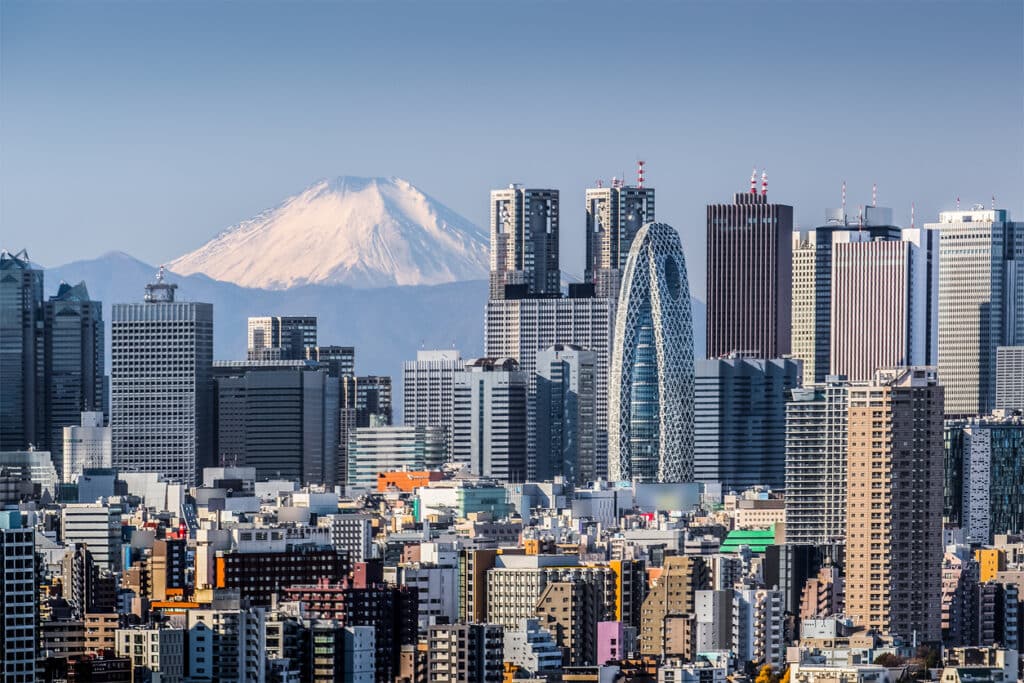The cultural acceptance of whistleblowers is a sensitive and even volatile topic that typically is avoided, particularly when discussing the issue in public. Yet, societal and historical forces continue to powerfully influence the treatment of people who take it upon themselves to expose corruption. Unless these forces are confronted and addressed, witnesses will continue to suffer serious reprisals.
In Japan, where loyalty-based hierarchies long have stunted employees’ efforts to raise concerns within the workplace, this touchy subject finally is being discussed out in the open.
Daisuke Asaoka, a management and corporate governance professor at Kyoto and Meiji universities, takes an honest look at the topic on the heels of reforms to Japan’s whistleblower protection law.
The “collectivist culture” in Japan “exalts the importance of loyalty and tolerates unfair but loyal behavior over the individualistic culture of the United States,” Asaoka writes in the journal Humanities and Social Sciences Communications.
Asaoka describes Japan’s corporate culture as a “collectivist community, where all ranks, from top management to newly hired graduates, share a destiny within a tightly bound, meticulous, longitudinal order and enjoy internal promotion under a lifetime employment system.”
Whistleblowing, he says, is beginning to depart from this common notion. “That corporate misdeeds, some hidden for decades, are being revealed by whistleblowers in blue-chip Japanese firms suggests a sea change in organizational behavior in modern Japan. Such behavior and institutional change stand in apparent contrast to the traditional Japanese corporate culture of conformity to organizational norms and avoidance of confrontational behavior.”
Asaoka cites a first-of-its-kind survey by the Japanese Consumer Affairs Agency showing the effectiveness of witnesses in the workplaces: 59 percent of corporate wrongdoing in Japan is exposed by whistleblowers, compared to 38 percent by internal auditors. Based on this, Asaoka says, “it is essential to examine its role as part of the internal control systems used to monitor firms.”
Asaoka lists myriad company and other scandals exposed by employees and citizens in Japan. These include fraudulent testing of car emissions and fuel economy, falsified data for an airport runway project, improper manufacturing of blood products, fabricated financial statements, fabricated quality data for rubber products, and a casino scandal. In none of these cases, however, did witnesses use the internal reporting channels made available to them.
Even when whistleblowers in Japan dare to take action, Asaoka writes, they are often ignored. This happened when Toyo Tire ignored a series of whistleblower reports and instead listed employee witnesses as an internal risk factor. Other companies that ignored their own employees who raised concerns include textile and material manufacturer Toray, automobile parts maker Mitsubishi Material and car maker Nissan, which tried but failed to fix product safety problems.
These and many other scandals exposed by employees, and the long-overdue public discussions about the value of whistleblowers, are leading to important policy changes. In 2018, Asaoka writes, Japan amended its criminal code to offer amnesty for people involved with misconduct who later become witnesses. This reform was made shortly after the Nissan scandal broke.
A year later Japan’s Consumer Affairs Agency developed an accreditation program for internal control systems to assist and protect whistleblowers. The agency also provides a series of guidelines and resources.
And, 16 years after it was passed, Japan’s Whistleblower Protection Act was amended in 2020. While still lacking many international standards, the new law scheduled to take effect on June 1 seeks to improve protections and expand the duties of companies. The amendments:
- require businesses with more than 300 employees to set up an internal system and appoint a designated whistleblower case worker,
- permit reports on administrative violations, in addition to crimes,
- permit employees to make reports to administrative agencies, in addition to employers,
- permit employees to make reports publicly in cases of serious property damage,
- offer protection for workers who make a report within a year after retiring,
- offer protection for executives,
- ban employers from suing employees who make a report, and
- punish violation of confidentiality with a fine of up to JPY 300,000 (US $2,600).
“These institutional changes are helping to alleviate the organizational pressure on whistleblowers,” Asaoka writes in an optimistic conclusion, “at the same time as they transform the traditional corporate culture.”
